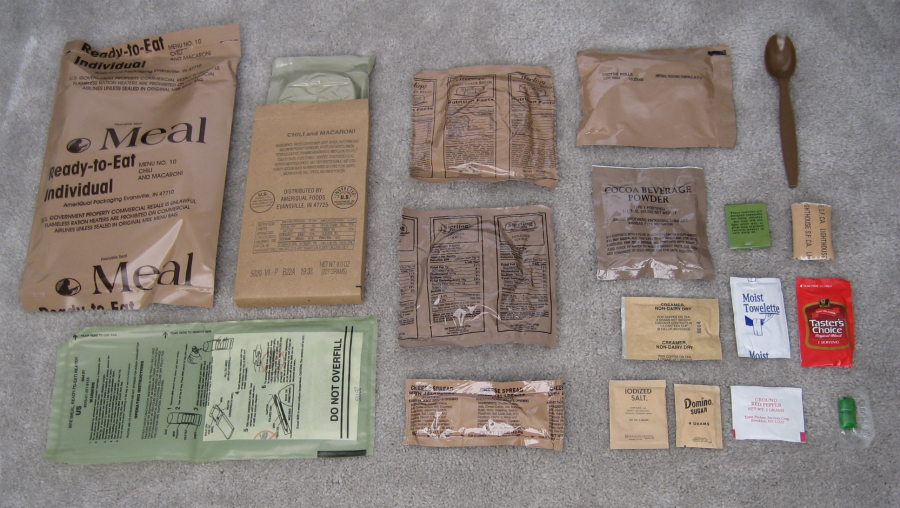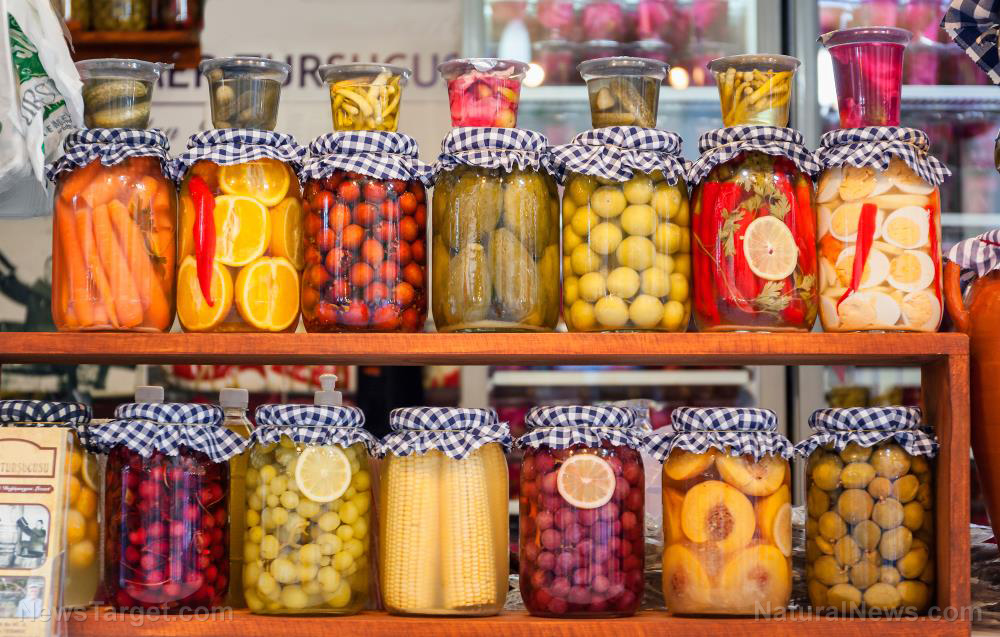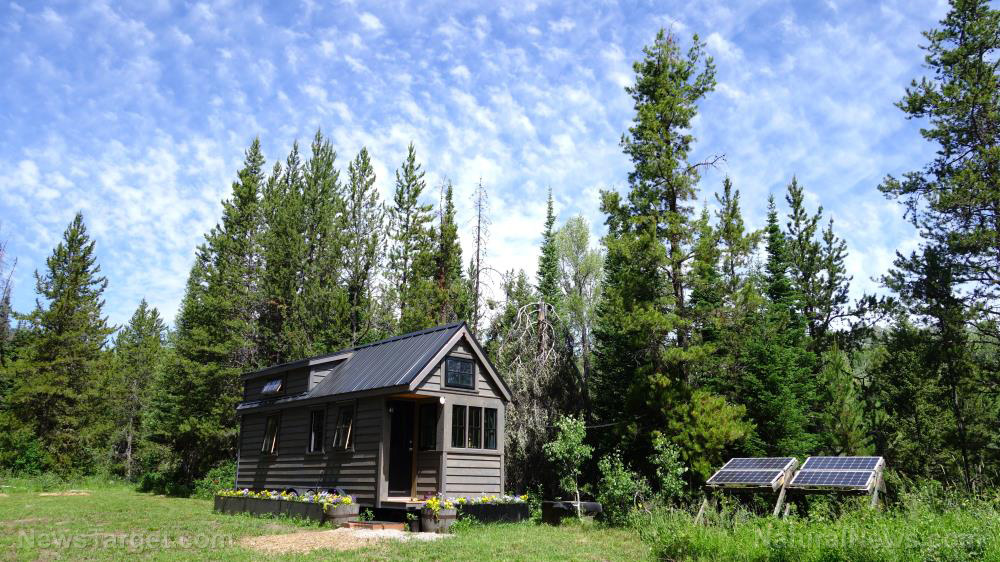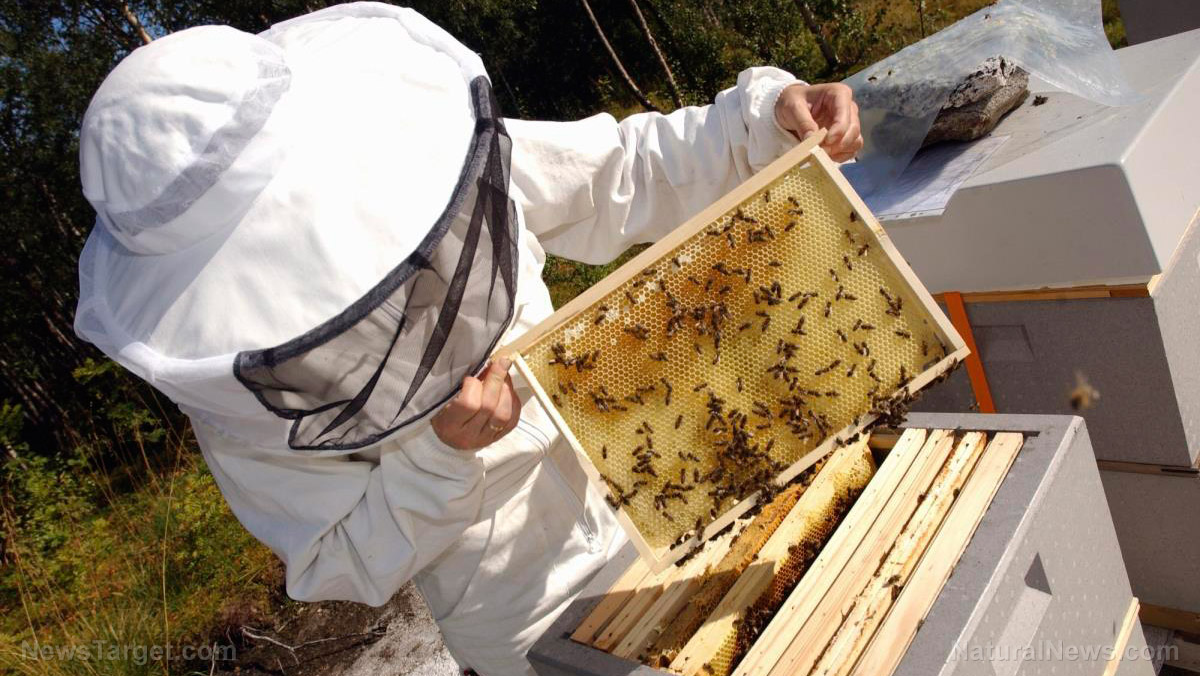5 Reasons to raise your own sheep
03/21/2020 / By Darnel Fernandez
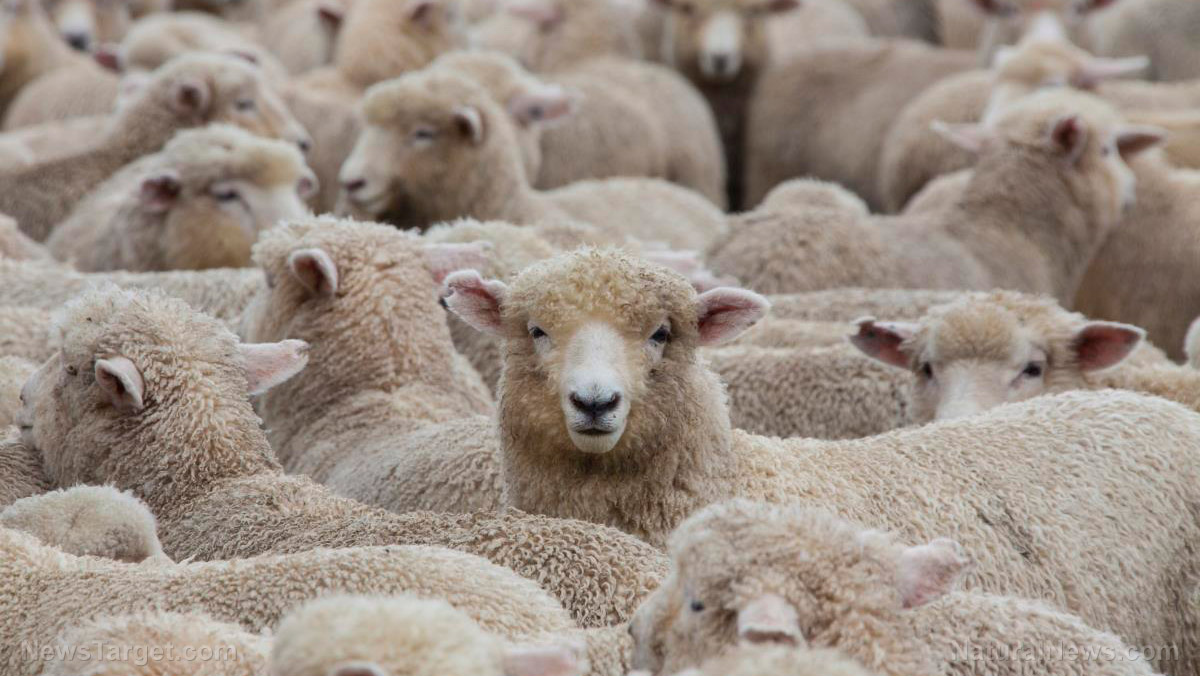
While it’s possible to live without most of the conveniences you enjoy when SHTF, living without a consistent source of food is out of the question. All the canned and frozen food you’ve stockpiled will eventually run out. To solve this problem, many preppers raise livestock. The choices range from poultry like chickens and ducks to farm animals like goats and pigs. Another option that can be beneficial for any homesteader looking to live off the grid is sheep. (h/t to UKSurvivalGuides.com)
Why should you raise sheep?
Whether you live on a small farm or a rural home with just enough pasture space for a few animals to roam around in, raising sheep can be a fun and rewarding experience. Not only is it an enjoyable hobby, sheep can provide meat, wool and milk. When SHTF, meat and milk can sustain you and your family, while wool is an excellent material to use for bartering with other survivors. (Related: It can be done! 5 Animals we recommend you raising if you’re a novice farmer.)
Sheep are also quite low maintenance compared to a lot of other livestock options while costing a little less than cattle, making them a fantastic animal for any homesteader to raise. Sheep also have short gestation periods, allowing you to turn just a handful of sheep into a large woolly flock in just a few years. Here are five reasons why you should consider raising sheep on your homestead:
They are living lawnmowers
Grass is one of the easiest plants to grow – even the worst gardeners can grow it. All you need to do is scatter grass seeds everywhere and water them every now and then. Sooner or later, you’ll start to have your very own pasture.
However, if left unchecked, grass can easily grow out of control. In this case, most people would bust out their trusty lawnmower to do the job. But, if you have sheep, you can kill two birds with one stone by letting them eat the grass for you. This makes sheep an eco-friendly and less time-consuming alternative to mowing the lawn yourself.
They give delicious and nutritious milk
Many people often think of cows or even goats when they talk about milk, but a lot of people tend to forget that sheep’s milk can be good as well. Sheep’s milk contains a higher protein content than cow’s milk. It also offers plenty of vitamins and minerals like vitamins A, B and E, calcium, potassium and magnesium.
Further, you can freeze sheep’s milk so it can last for up to a year while still being able to produce cheese. Examples of cheese made using sheep’s milk include Feta and Ricotta cheese.
Their wool is in high demand
Sheep’s wool is used in a variety of things nowadays like bedding, clothing and home insulation. Sheep’s fleece possesses unique qualities like flame-resistance, and it’s also recyclable. However, if you plan on selling your sheep’s wool, you must make sure to keep the sheared wool as clean as possible to maintain quality.
Sheep’s wool can also be found in a myriad of colors, not just black and white. Some sheep produce red, blond, brown, beige, grey and even silver wool. This gives you plenty of choices, and the rarer the color, the higher the price it would fetch.
Their meat is amazing
Whether you decide to sell the meat or keep it for yourself, sheep meat is both nutritious and delicious, and can provide plenty of protein. This is especially useful in a survival scenario, when food is running short and grocery stores are out of business.
They are easy to manage
Once you’ve learned to understand each individual sheep in the flock and their temperaments, sheep are quite predictable and easy to take care of. Just give them enough food and water, with an occasional bout of apple cider vinegar or molasses. Sheep also need hoof trimmings a few times a year to prevent discomfort.
Learn more about other homesteading strategies at Homesteading.news.
Sources include:
Tagged Under: farm animals, green living, homesteader, homesteading, livestock, off grid, preparedness, prepper, prepping, rural living, self sufficiency, self-reliance, sheep, SHTF, survival, sustainable living, wool
RECENT NEWS & ARTICLES
EmergencyFood.News is a fact-based public education website published by Emergency Food News Features, LLC.
All content copyright © 2018 by Emergency Food News Features, LLC.
Contact Us with Tips or Corrections
All trademarks, registered trademarks and servicemarks mentioned on this site are the property of their respective owners.




